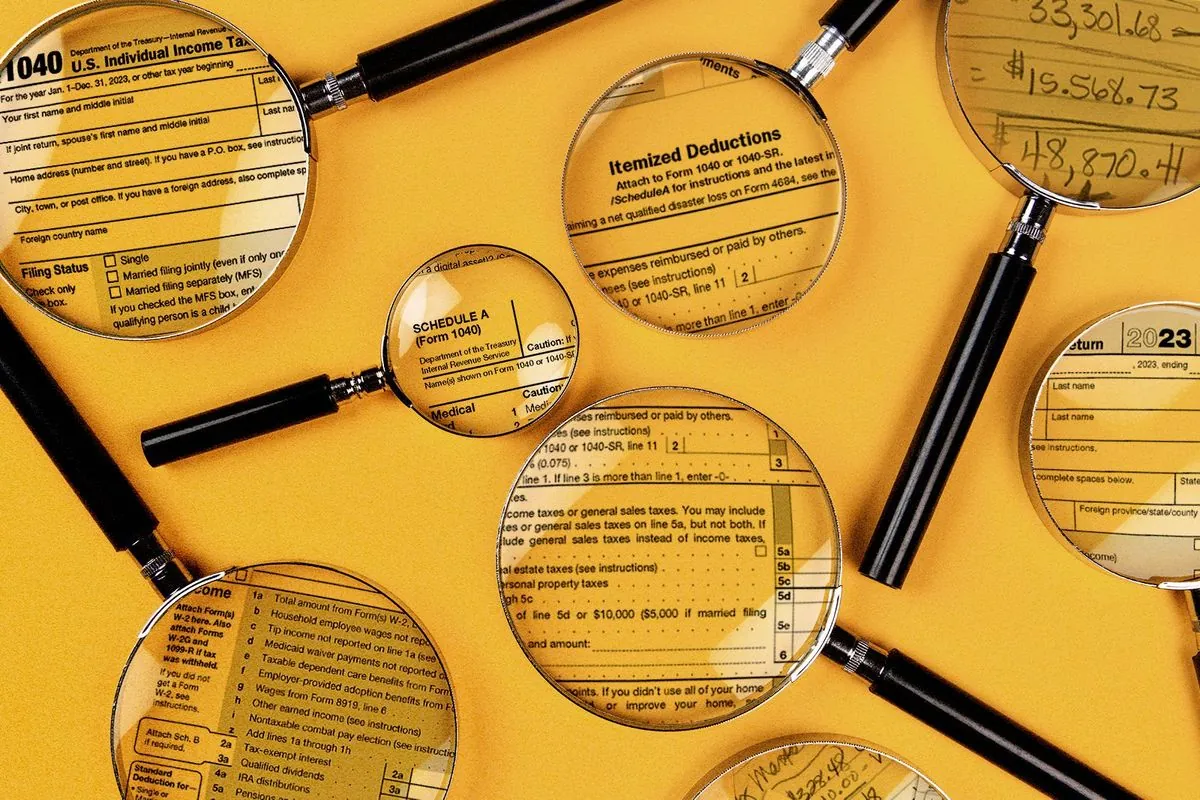The Internal Revenue Service's whistleblower program, established in 2006, aims to uncover significant tax evasion by offering substantial rewards to insiders who report wrongdoing. However, this potentially powerful tool for ensuring tax compliance faces numerous obstacles that threaten its effectiveness.
John Hinman, appointed to lead the whistleblower office in 2022, acknowledges the program's challenges. "I'm super encouraged, super optimistic about changes we want to make," he stated, referencing the additional resources provided by the 2022 Inflation Reduction Act. This funding boost is expected to double the office's 48-person workforce.
Despite these efforts, the program's performance has declined sharply. In 2023, collections totaled just $337 million, a significant drop from the $1.4 billion peak in 2018. This decrease has raised concerns among lawmakers and whistleblower advocates about the program's ability to fulfill its mission.
One of the most significant issues plaguing the program is the lengthy process from claim submission to payout. On average, whistleblowers wait over 11 years to receive their rewards. This extended timeline discourages potential informants and frustrates those already in the system.
"I thought when I started this process, I'll file it and things will move forward. The waiting and the lack of communication and the uncertainty really weigh on you."
The program focuses on tax debts of $2 million or more, reflecting its aim to target high-level tax evasion. In 2023, the office received 6,455 submissions. However, the number of whistleblowers actually receiving payouts has been declining for years.
Paul Scott, an attorney representing whistleblowers, highlighted the program's potential: "This program has the potential to be tectonic in effect, really benefiting American taxpayers. But if you're trying to attract high-level insiders — it's pretty hard to get them on board."
To address these issues, Hinman has proposed 78 specific improvements, including the implementation of an online portal for claim submissions starting next year. Currently, claims must be mailed to the IRS office in Ogden, Utah, highlighting the outdated processes still in use.
The IRS, established in 1862 during the Civil War, processes over 240 million tax returns annually. With a tax gap estimated at $441 billion annually from 2011-2013, the whistleblower program could play a crucial role in reducing tax evasion. However, the IRS audits less than 1% of all individual tax returns, emphasizing the importance of insider information in identifying major tax cheats.
Critics argue that the program's challenges extend beyond administrative issues to include structural, legal, and cultural barriers. Some lawyers are challenging aspects of the program's rulings in tax court, hoping to bring about broader change.
As the debate continues, the future of the IRS whistleblower program remains uncertain. With its potential to recover billions in unpaid taxes, stakeholders are closely watching the IRS's efforts to revitalize this important compliance tool.
